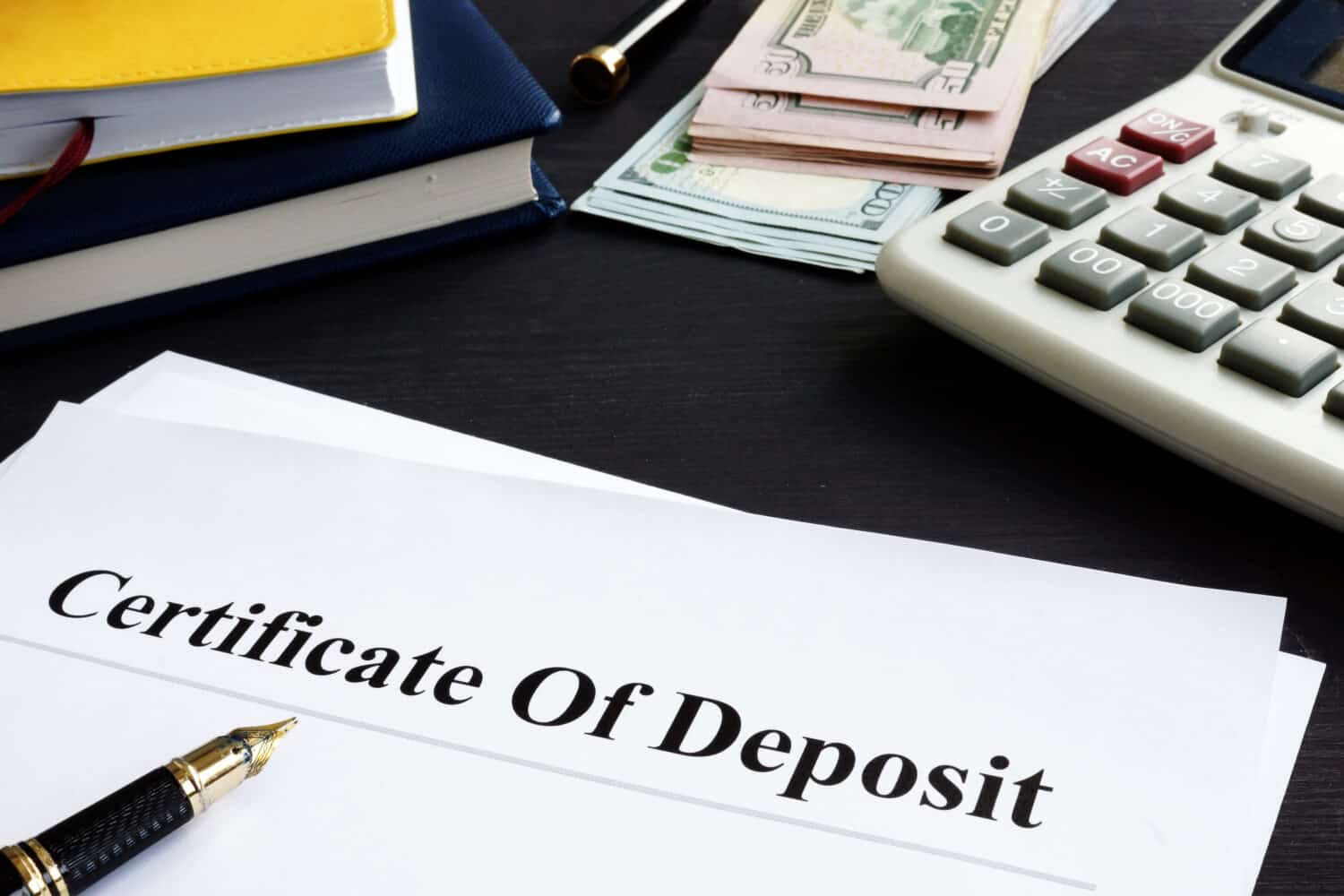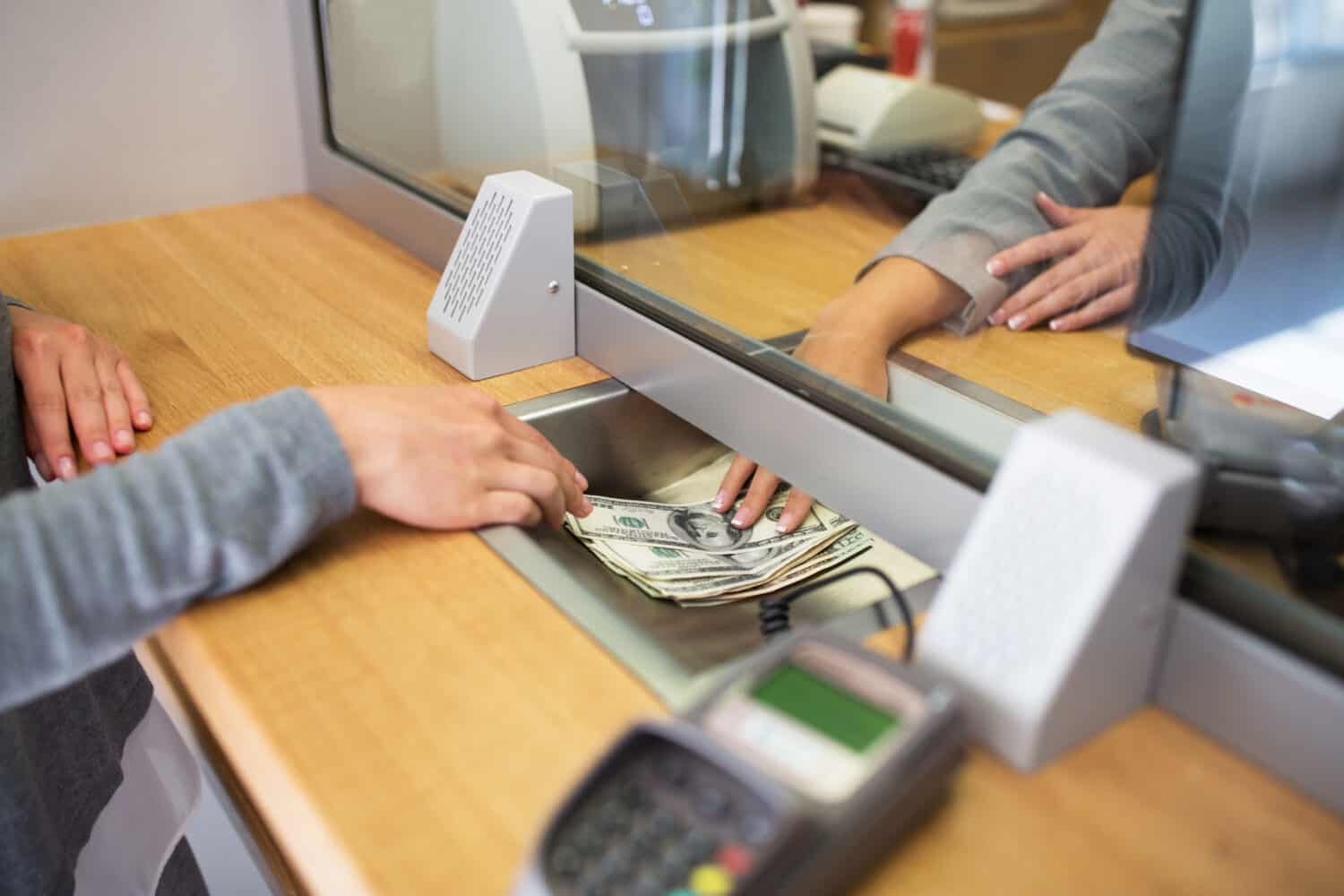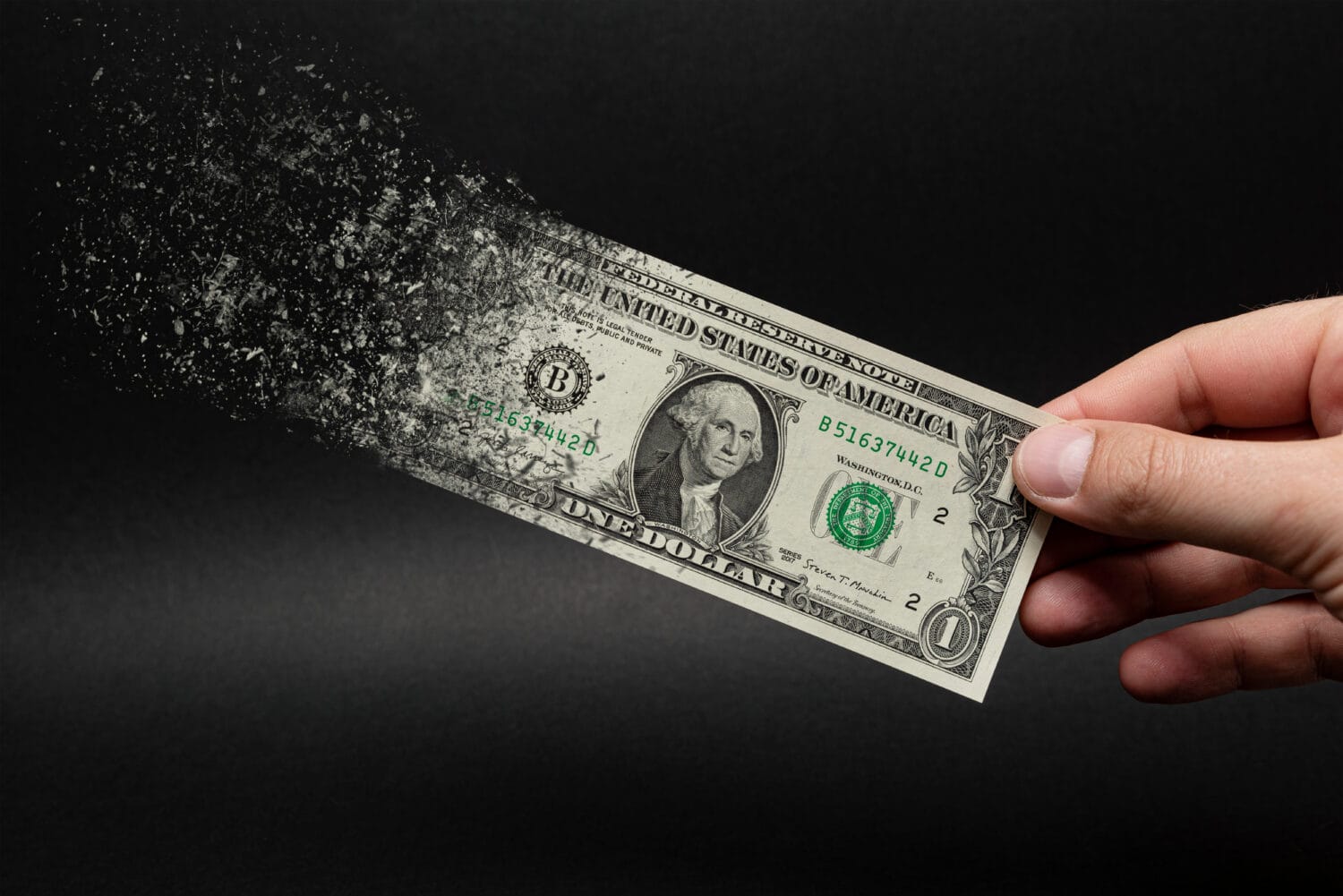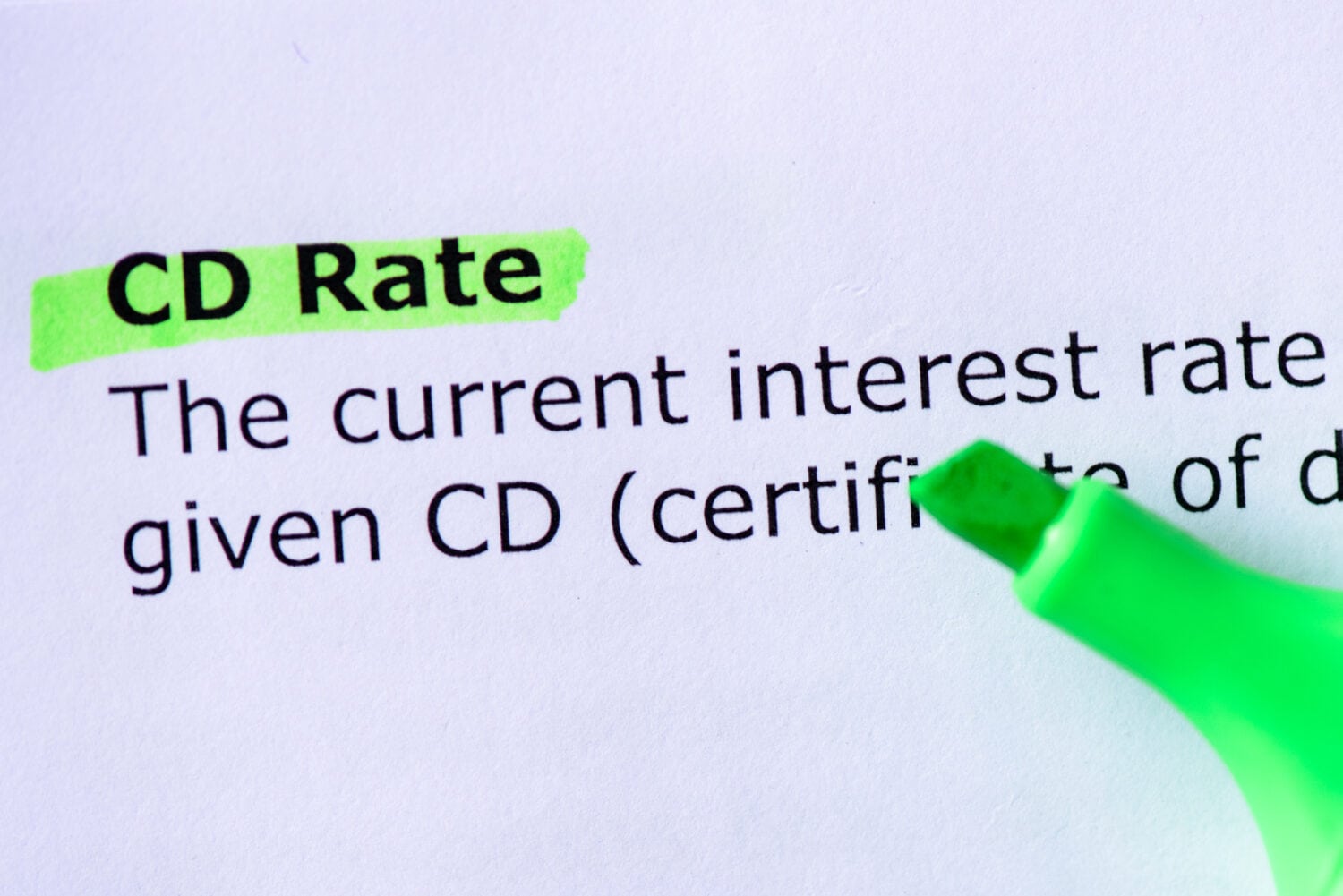Investing
10 Absolute Worst Mistakes You Can Make With a Certificate of Deposit

Published:

Today, many individuals are looking for easy and convenient ways to save money and invest in plans that don’t require too much money upfront. With financial and economic issues like inflation affecting many individuals, it can be difficult to foster a diverse investment portfolio that will earn you high returns in the long run. However, there still are many options to consider — one of them being a certificate of deposit,
A certificate of deposit is a savings account with high interest rates. Individuals who invest in a certificate of deposit typically commit to keeping money in the savings account for a set period of time, often between six months and 10 years. Once their set term is up, they can withdraw their money plus the accumulated interest. Depending on the interest rate agreed upon at the beginning of the investment, this type of account can earn you a higher return on savings without the risk of investing in things like stocks and bonds.
Many experts recommend investing $10,000 into a one-year certificate of deposit for various reasons. However, when choosing to do so, you’ll want to understand what types of deposits are in your best interest and how to set yourself up for success. Here are 10 of the absolute worst mistakes you can make with a certificate of deposit — and how to avoid them.

While a certificate of deposit is a secure investment with no serious risks, choosing the wrong one can hold you back in terms of savings and rewards. Depending on the individual and their unique financial needs, there might be countless better alternatives with better rates.
There are also different types of certificates of deposit, and choosing the right one for your financial situation is crucial. Some of the most popular certificates of deposit include:
There are many other types of certificates of deposit to look into as well, including jumbo CDs and bump-up CDs. Talk to your bank to discover the best option for you.

For many certificates of deposit, you cannot withdraw money without penalty until your term is complete. Interest rates change per the amount of time you lock into, and many term lengths can last for years. If you need your money now — such as for an emergency or other reason — you will end up paying a hefty penalty and can lose the interest you otherwise would have accumulated. This is why it’s so crucial to choose a term that works best for you and avoid putting all your eggs in one basket when investing/saving.

As mentioned above, certificates of deposit are relatively risk-free. However, due to inflation — which has been an ongoing issue as of late — you might end up with a lower value than expected. If your interest rate is lower than the inflation rate, which was about 3.1% over the last year, you’ll eventually have poor purchasing power. This essentially defeats the purpose of your certificate of deposit and its intended benefits.

Certificates of deposit are great additions to your investment portfolio, but they shouldn’t be the end-all-be-all when it comes to investing. Failing to diversify your portfolio can stifle your financial growth, especially since certificates of deposit are risk-free and might not offer as high of returns as other investments, such as stocks and bonds.

Depending on the bank or organization you use, you might be required to open a checking account before getting a certificate of deposit. However, opening a fee-based account can bring down your earnings from your certificate of deposit. This is because many people opt for lower interest rates with less of a time commitment. Similar to how inflation can diminish the value of your earnings, so can fee-based accounts. These accounts can ultimately charge you more money than you’ll be earning from your certificate of deposit.

Opening a certificate of deposit too early or at the wrong time can prevent you from receiving the best interest rates available. Many individuals will immediately want to open a certificate of deposit to accumulate high interest over time. However, the amount of interest is largely dependent on the timing in which you choose to pursue this type of account. Be patient and speak with a financial expert before deciding to invest.

If you have debt — especially high-interest debt — your first goal should be to pay it off. Investing in a certificate of deposit before putting money toward your debt is a common mistake many individuals make.
For example, if you’re paying off a credit card with over 20% interest rate, the interest you gain from your certificate of deposit won’t be doing you much good in the long haul. It’s far better to handle any high-interest debt with the money you would otherwise use for a certificate of deposit. Once you’re clear of this debt — or find yourself in a much more manageable place with it — you can consider such investments.

Certificates of deposit come with various terms and maturity dates, and you’ll want to choose one you can easily commit to. For example, if you have any indication that you’ll need to dip into your certificate of deposit within the next few years, you should choose a maturity date that feels achievable to you (e.g. six months to a year). Otherwise, rather than reaping the interest you’ve accumulated from your deposit, you might find yourself facing hefty penalties for withdrawing too soon.

Many people want to enjoy the accumulated money from the interest rates as soon as their certificate of deposit term is over. However, if you are in a position to continue saving the money in your account, you might end up gaining more investment returns. Another great option is to take some of the money out of the account to invest in a different plan, such as a brokerage account or a retirement plan. As mentioned before, diversifying your investments can earn you a higher return in the long run.

Allowing your certificate of deposit to automatically renew and roll over into a new certificate of deposit might mean missing out on newer better terms. For example, maybe you started your certificate of deposit with a lower rate than you wanted. Rather than renewing with the same rate and terms, shop around and choose a certificate of deposit that will bring you higher interest and better benefits.
If you do want to renew your certificate of deposit and keep your savings where they are, talk to your bank to discover whether there are additional promotional rates for the renewal. Compare these to other institutions so you can decide which will give you the best interest rates available.
If you’re one of the over 4 Million Americans set to retire this year, you may want to pay attention.
Finding a financial advisor who puts your interest first can be the difference between a rich retirement and barely getting by, and today it’s easier than ever. SmartAsset’s free tool matches you with up to three fiduciary financial advisors that serve your area in minutes. Each advisor has been carefully vetted, and must act in your best interests. Start your search now.
Don’t waste another minute; get started right here and help your retirement dreams become a retirement reality.
Thank you for reading! Have some feedback for us?
Contact the 24/7 Wall St. editorial team.